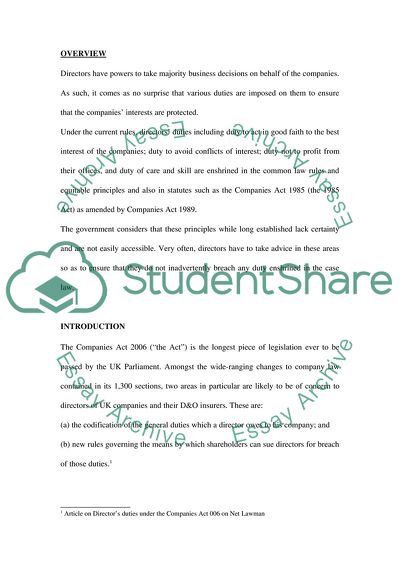Cite this document
(English Commercial Law Codification Coursework Example | Topics and Well Written Essays - 5000 words, n.d.)
English Commercial Law Codification Coursework Example | Topics and Well Written Essays - 5000 words. Retrieved from https://studentshare.org/law/1708646-international-commercial-arbitration
English Commercial Law Codification Coursework Example | Topics and Well Written Essays - 5000 words. Retrieved from https://studentshare.org/law/1708646-international-commercial-arbitration
(English Commercial Law Codification Coursework Example | Topics and Well Written Essays - 5000 Words)
English Commercial Law Codification Coursework Example | Topics and Well Written Essays - 5000 Words. https://studentshare.org/law/1708646-international-commercial-arbitration.
English Commercial Law Codification Coursework Example | Topics and Well Written Essays - 5000 Words. https://studentshare.org/law/1708646-international-commercial-arbitration.
“English Commercial Law Codification Coursework Example | Topics and Well Written Essays - 5000 Words”, n.d. https://studentshare.org/law/1708646-international-commercial-arbitration.


